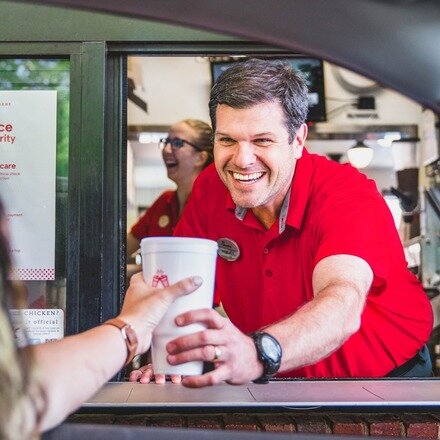Master franchising
Master franchising is a business model that grants an individual or entity, known as the master franchisee, the exclusive rights to develop and manage a franchisor's brand within a specific territory. This territory can range from a region within a country to multiple countries. The master franchisee essentially steps into the shoes of the franchisor, assuming many of the responsibilities that come with developing and maintaining the franchise network within their designated area.
Under a master franchise agreement, the master franchisee is authorized to sell individual franchises to other franchisees, coordinate the network's development, and provide support and guidance to these franchisees. Despite these extensive responsibilities, the original franchisor retains ultimate control over the system, including the final approval of any changes proposed by the master franchisee.
The role of a master franchisee
The role of a master franchisee is multifaceted and requires a high level of business acumen and experience. Master franchisees are typically seasoned business professionals who have the capability to develop a comprehensive business plan that aligns with the franchisor's vision and can be approved by them.
As part of their operations, master franchisees replicate many of the functions of the franchisor, such as recruiting and selling franchises, coordinating the network's growth, and providing ongoing support to the franchisees within their territory. They act as the bridge between the franchisor and the individual franchisees, ensuring that the franchisor's standards and systems are upheld while adapting to the local market conditions.
The benefits and challenges of master franchising
Master franchising offers several benefits for both the franchisor and the master franchisee. For the franchisor, it allows for rapid expansion into new markets with minimal investment and risk, leveraging the master franchisee's local market knowledge and business expertise. The master franchisee, in turn, can benefit from the established brand, proven business model, and support systems provided by the franchisor, while having the autonomy to manage the territory as their own business.
However, master franchising also presents challenges. The master franchisee must navigate the delicate balance between local adaptation and maintaining the franchisor's brand standards. There is also the significant investment required to secure a master franchise and the responsibility of growing and managing the network. For the franchisor, there is the risk of losing control over the brand's image and operations if the master franchisee does not perform as expected.
 Role in business growth / Master franchisees must have a high level of business acumen and experience, capable of developing a comprehensive business plan aligned with the franchisor's vision.
Role in business growth / Master franchisees must have a high level of business acumen and experience, capable of developing a comprehensive business plan aligned with the franchisor's vision. read articles
 Franchise Expo Warsaw 2024
/2024-10-22
Franchise Expo Warsaw 2024
/2024-10-22
Get ready for Warsaw’s largest franchise expo! From October 24-26, 2024, explore top franchise brands, attend expert-led seminars, and network with entrepreneurs.
The franchise model in advertising agencies is gaining traction across Europe. Discover how to start, the required investment, and the support you get from franchisors.
Gym franchises are on the rise across Europe, offering flexible business models for fitness enthusiasts. Explore how to join the movement and the costs involved.
Private investigation franchises are expanding across Europe, providing discreet, in-demand services to businesses and individuals. Discover how to enter this secretive world and the investment it requires.
Terrarium stores, offering "forests in a jar," are sprouting up across Europe, combining nature with art. Discover how to join a terrarium franchise and what it takes to get started.
most read
 Chick-fil-A sets sights on Europe
/2023-03-15
Chick-fil-A sets sights on Europe
/2023-03-15
The fast-food restaurant chains $1 billion international expansion plan
Franchising has revolutionized global business by enabling rapid expansion with a proven business model. Discover the largest franchise networks shaping industries worldwide.
The idea of tapping into new global markets is financially appealing to any ambitious business owner.
Over one billion YouTube videos are watched around the world every single day.
The European Franchise Federation gave itself a mission in the early 1970’s to bring clarity to the rights & obligations in a franchise contract by developing the European Code of Ethics for Franchising.

